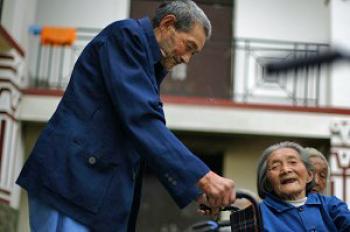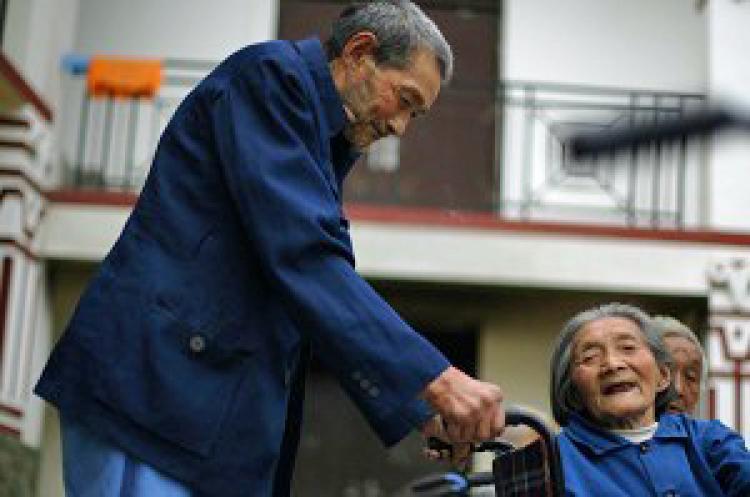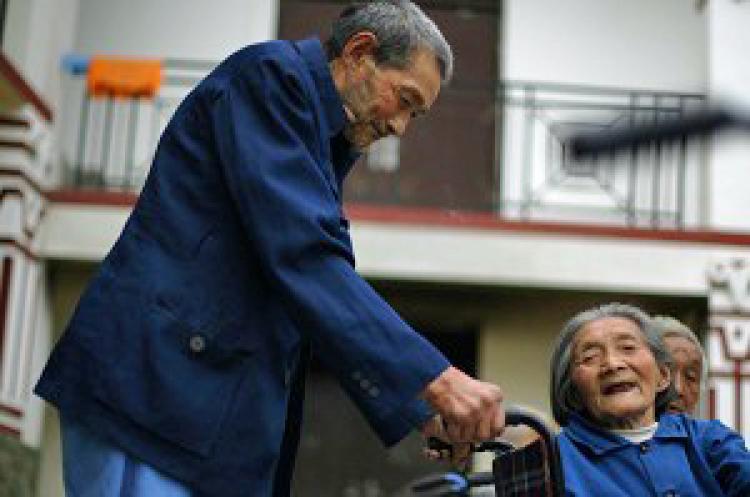China’s 149-Million Seniors Face Nursing Care Issues
China has the largest senior population on earth. It also has a growing senior population while the one child policy has left families with only one child to support aging elderly family members in the future.

Decades of one-child policy intensifies the nursing problem of the senior population in China. Getty Images
|Updated:






